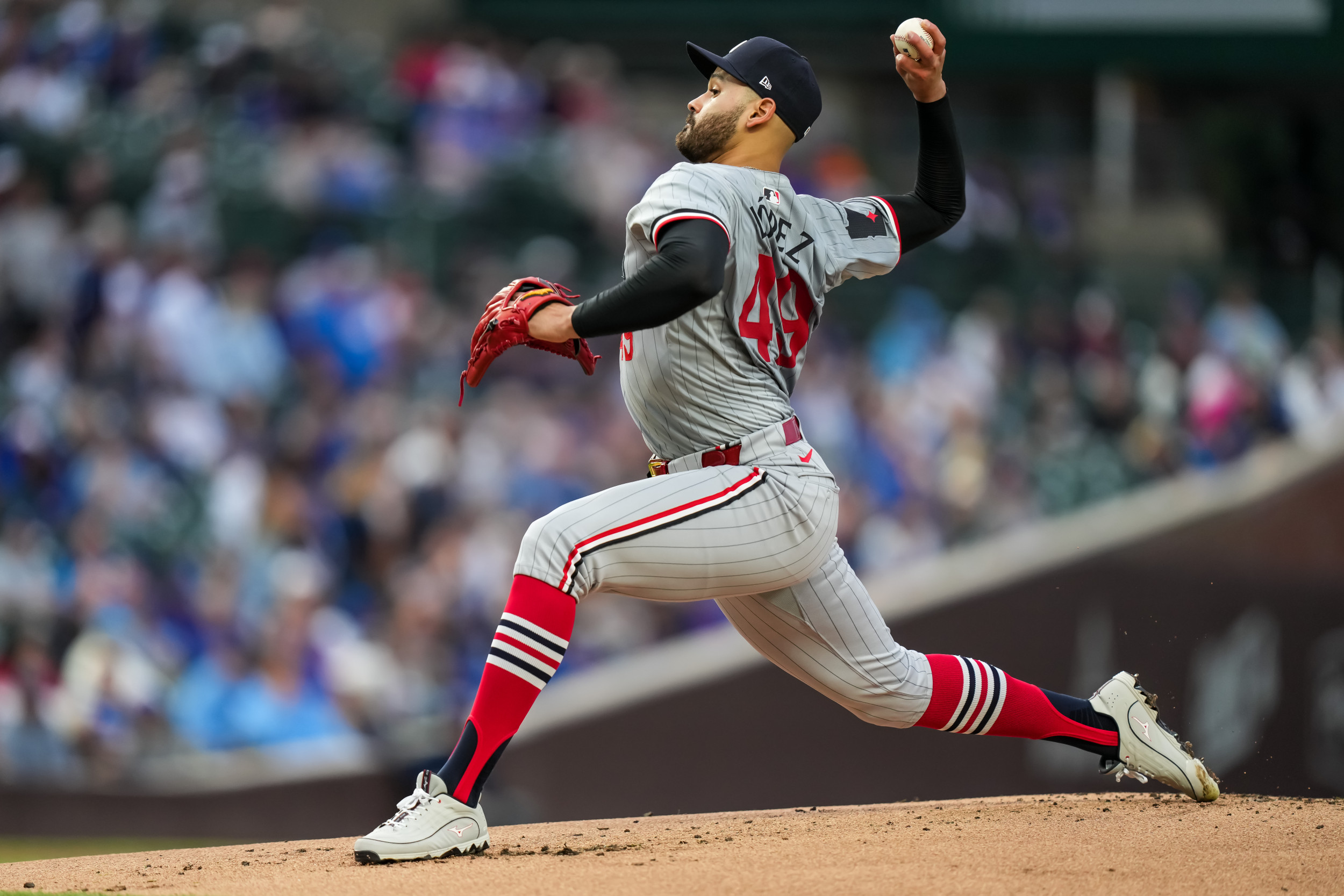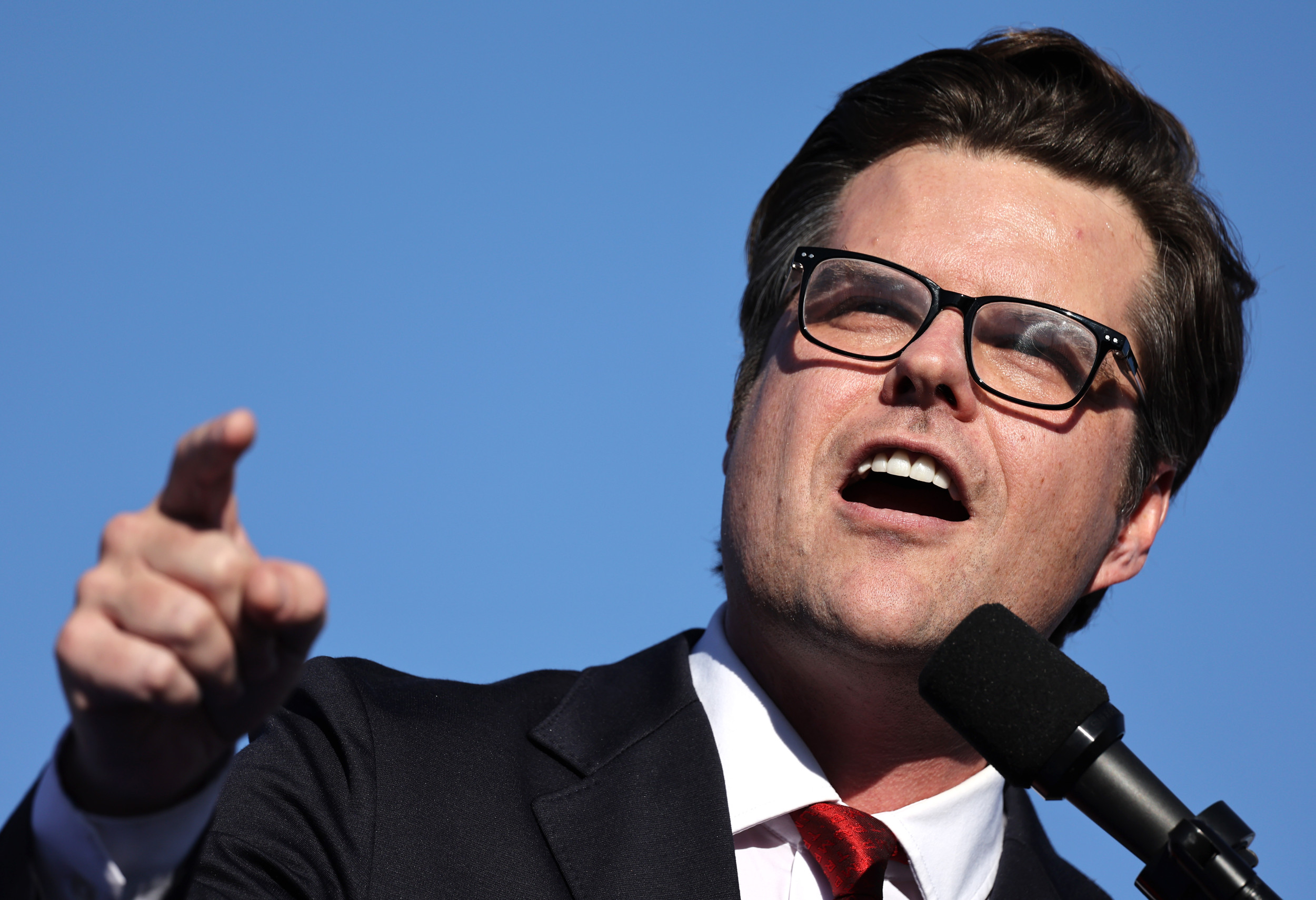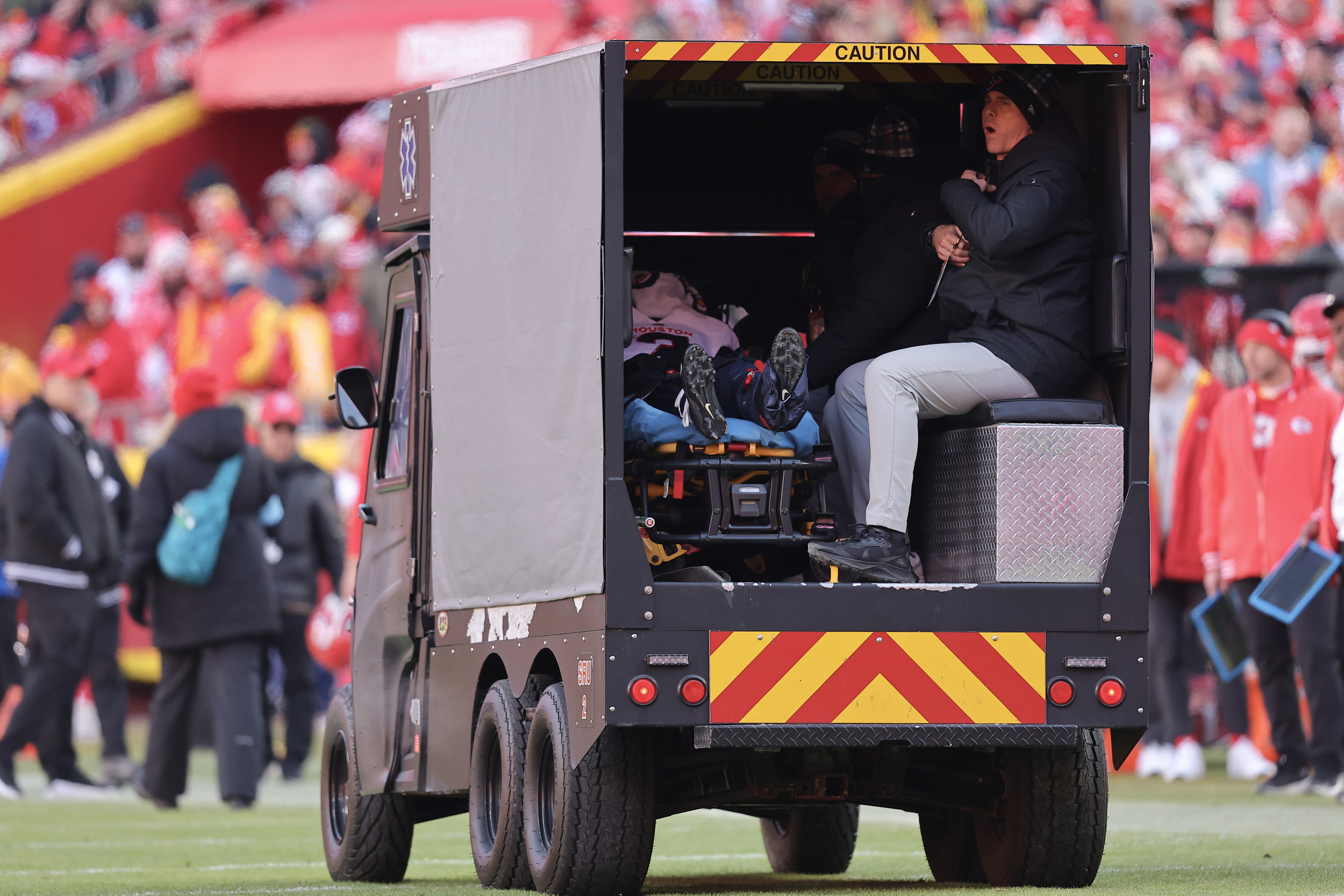What's New
The Internal Revenue Service (IRS) will send out a total of $2.4 billion in "special payments" to 1 million people who did not claim federal stimulus checks on their tax returns for 2021, the agency announced on Friday.
The IRS will issue automatic payments later this month to anyone who did not claim the 2021 Recovery Rebate Credit, the agency said—a refundable credit for individuals who did not receive one or more stimulus payments, officially known as Economic Impact Payments (EIP).
Why It Matters
Despite the resilience of the U.S. economy in the years following the pandemic, Americans are still struggling with higher prices—including that of food and housing.
The economy was consistently named as voters' top issues in polls conducted ahead of the November election, despite the fact that inflation had since cooled down significantly compared to the 9.1 percent peak of June 2022, and the U.S. maintained a strong job market and relatively good growth.
Preelection surveys, as well as Donald Trump's victory on November 5, were a sign that voters blamed the current administration for the rise of inflation after the pandemic, and for their financial struggles.
As inflation creeps up once again, having risen for two consecutive months in October and November, anything that can offer some respite to American consumers, such as the IRS "special payments," is welcome to taxpayers.

What To Know
The agency said it came to the decision after a review of its internal data which revealed that 1 million eligible taxpayers who filed their returns for the year 2021 did not claim the credit they were owed. Those are people who left the data field for Recovery Rebate Credit blank or wrote "$0" even though they were eligible to receive it.
The Recovery Rebate Credit was created for people who did not get all or some of the three stimulus payments that were issued between 2020 and 2021 that they were entitled to.
Payments to eligible taxpayers will vary and reach a maximum of $1,400 per individual.
What People Are Saying
IRS Commissioner Danny Werfel: "The IRS continues to work hard to make improvements and help taxpayers. These payments are an example of our commitment to go the extra mile for taxpayers. Looking at our internal data, we realized that 1 million taxpayers overlooked claiming this complex credit when they were actually eligible.
"To minimize headaches and get this money to eligible taxpayers, we're making these payments automatic, meaning these people will not be required to go through the extensive process of filing an amended return to receive it."
What's Next
People who are eligible to receive the payment will do so automatically, and don't need to do anything. They should receive the payment by the end of December or by late January 2025.
Those eligible will receive the payment in their bank accounts or by paper checks, alongside a separate letter notifying them of the payment. If the taxpayer has closed their bank account since filing their 2023 tax return, the bank will return the automatic payment to the IRS, which will then send it to the latest address on record.
Looking into this year, the deadline for federal income tax returns for the year 2024 is April 15, 2025, though people who file for an extension will have until October 15, 2025.




















 English (US) ·
English (US) ·